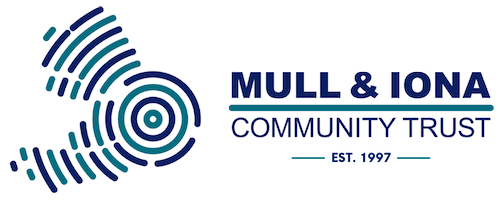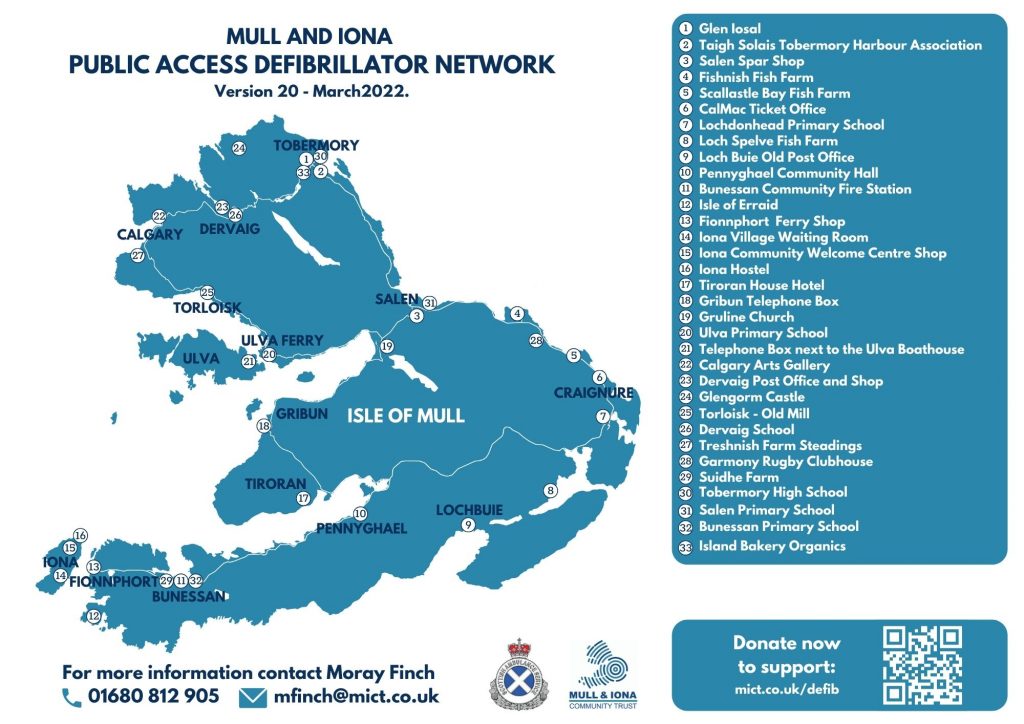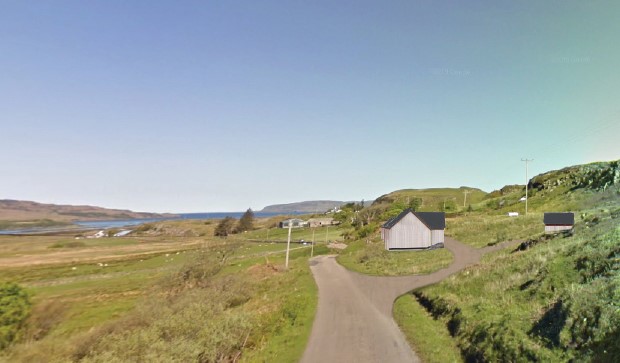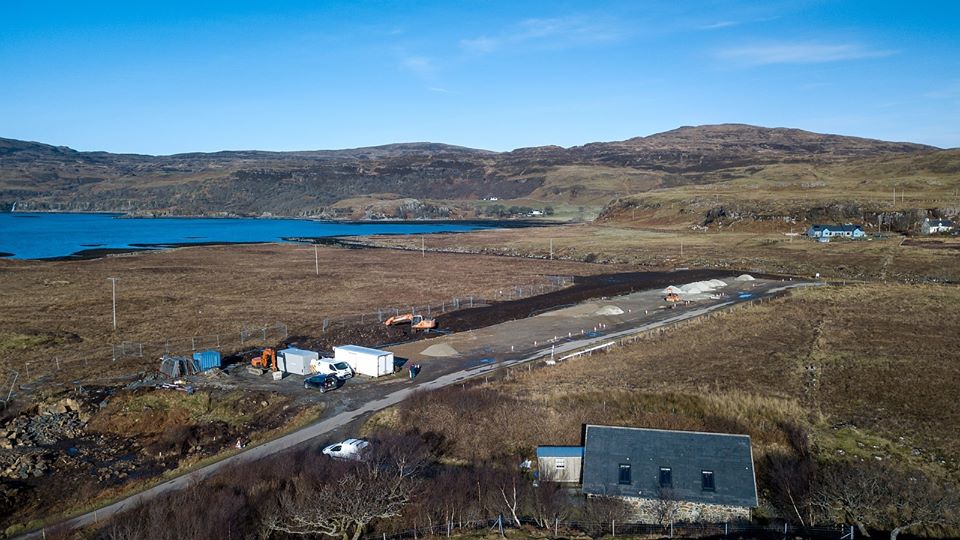Mull and Iona Community Trust Registers Its First Rural Housing Burden in a Step to Retain Affordable Homes

Mull and Iona Community Trust (MICT) has registered its first Rural Housing Burden, as a means of retaining property in the affordable housing market – forever.
MICT was appointed as a designated Rural Housing Body back in 2014 by Scottish Ministers, giving the charity legal powers to place Burdens on titles of properties. The Burden is a means of ensuring that the property must be lived in as a permanent home, and that MICT has first refusal to buy it, should it be offered for sale in the future. The pre-emptive right of purchase remains with the title of a property in perpetuity, which will ensure that the property will never become a second home or short-term holiday let.
Dr Jennifer Jack approached MICT following the passing of her mother, which left her with a surplus property. She had read MICT’s publicity about Rural Housing Burdens and, well aware of the housing crisis on Mull, she was very keen to help. As such, she committed to selling the property with a Burden attached, to a local keyworker, and in addition offered a discount of 30% below market value to ensure it’s affordability.
Julie Walker, Mull’s only pharmacist, had sold her business and left the island, however when the sale fell through she needed to return to the island to continue the business – and found herself homeless. The opportunity to purchase a home affordably has enabled her to stay, thereby securing the future of Tobermory Pharmacy. Julie says, “I am so happy to have a secure home of my own, I feel a weight has been lifted as housing is so hard to come by here on Mull”.
Helen MacDonald, Housing Development Manager at MICT, has been working on promoting Burdens for a number of years. MICT does not need to own a property to apply a Burden, they can be applied during conveyancing, or stipulated in someone’s Will. She explains, “while MICT has had the legal powers to apply Burdens for a decade it is only recently we have been in a position to do so. We are very grateful to Ronnie MacRae and his team at Communities Housing Trust for all the advice and support they have provided along the way. We are delighted with the outcome of this situation, grateful to Jennifer for her generosity and hope Julie is very happy in her new home”.
Sandy Brunton, Convenor of MICT added, “We believe MICT is the first development trust to apply a Burden on a property in this way, without owning it. This is one of a number of exciting and desperately needed options we are pursuing to help tackle the housing crisis on our islands. We are really keen to encourage property owners to get in touch with Helen if they think they can help in some way, now or in the future”.
Mull and Iona Community Trust was designated as a Rural Housing Body by Scottish Ministers in October 2014. Anyone wishing more information should contact Helen MacDonald, Housing Development Manager by email: hmacdonald@mict.co.uk.











